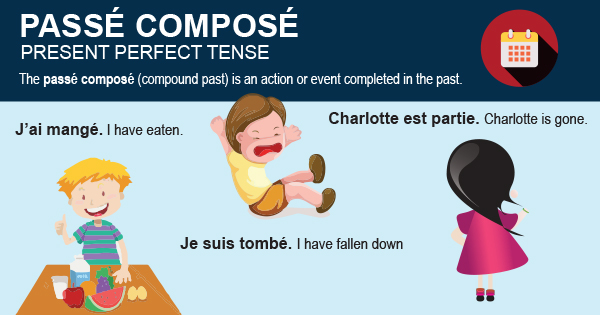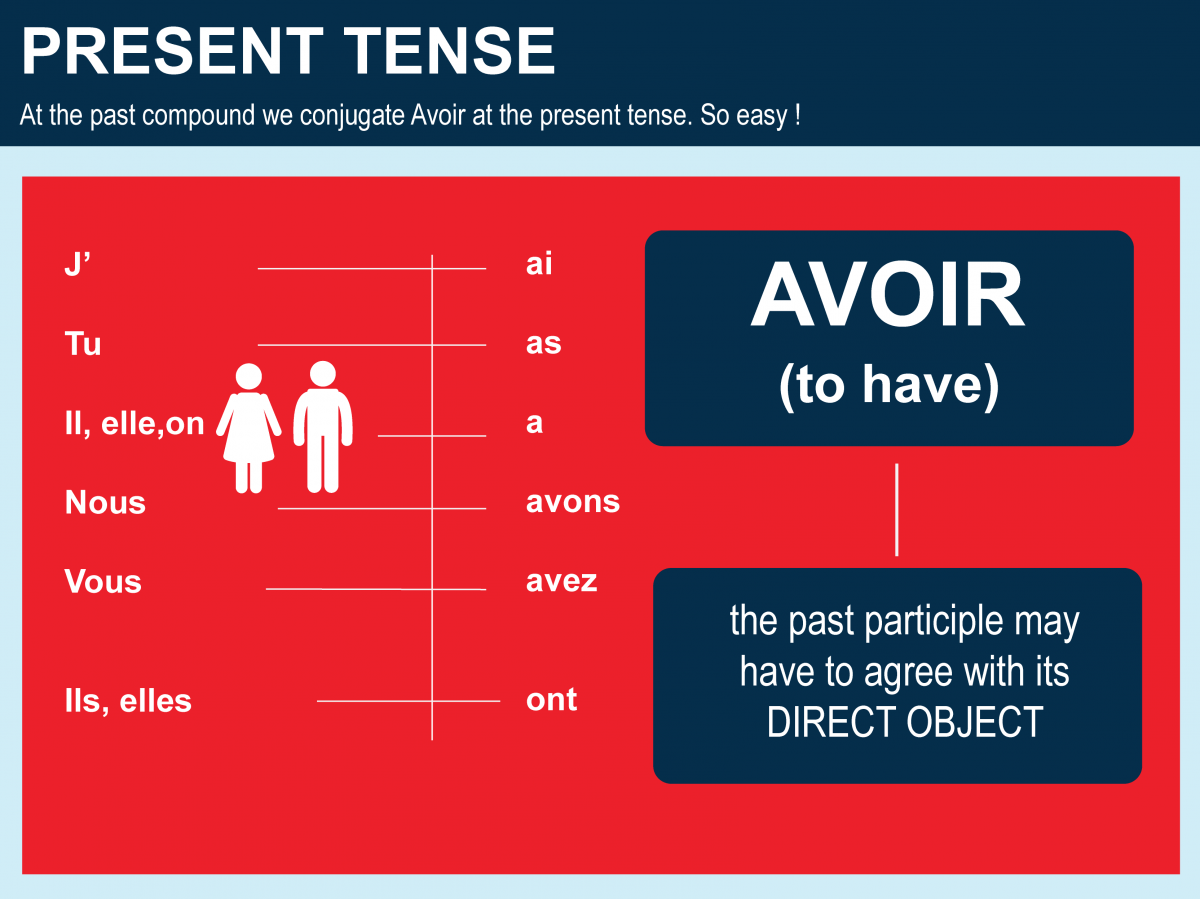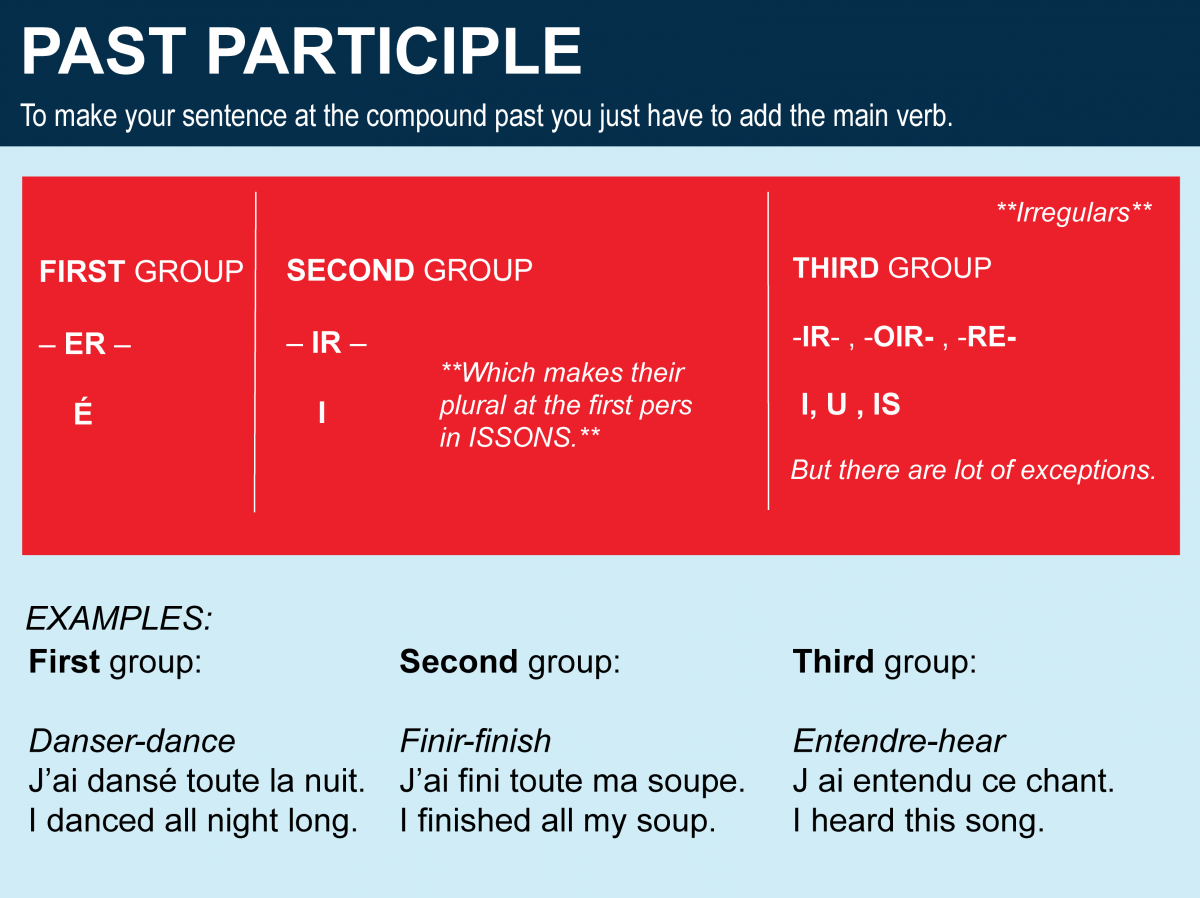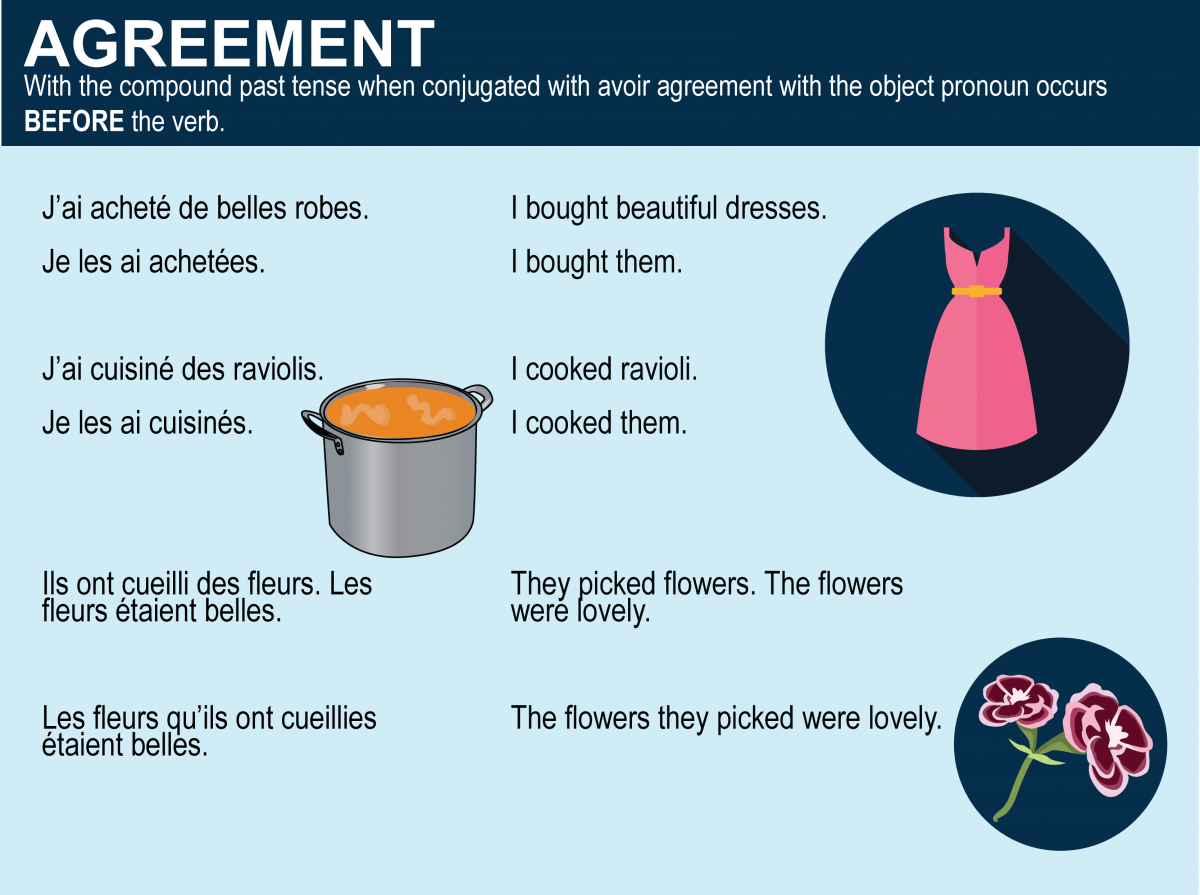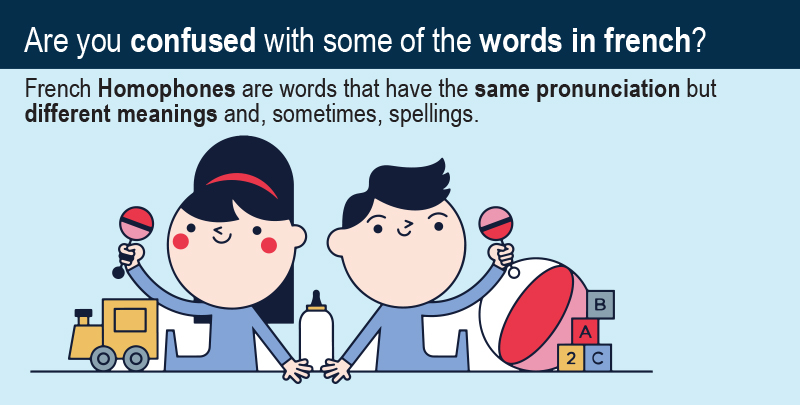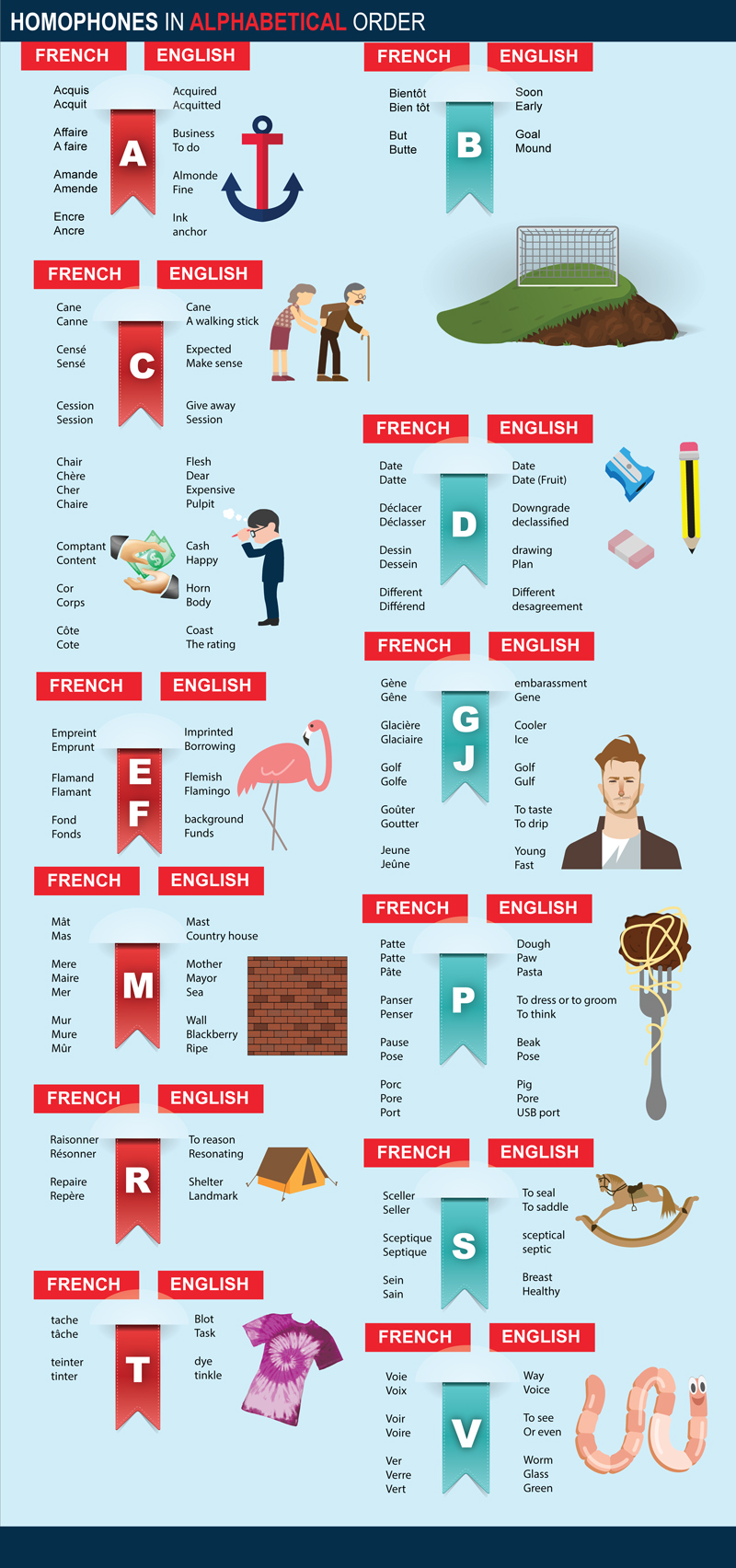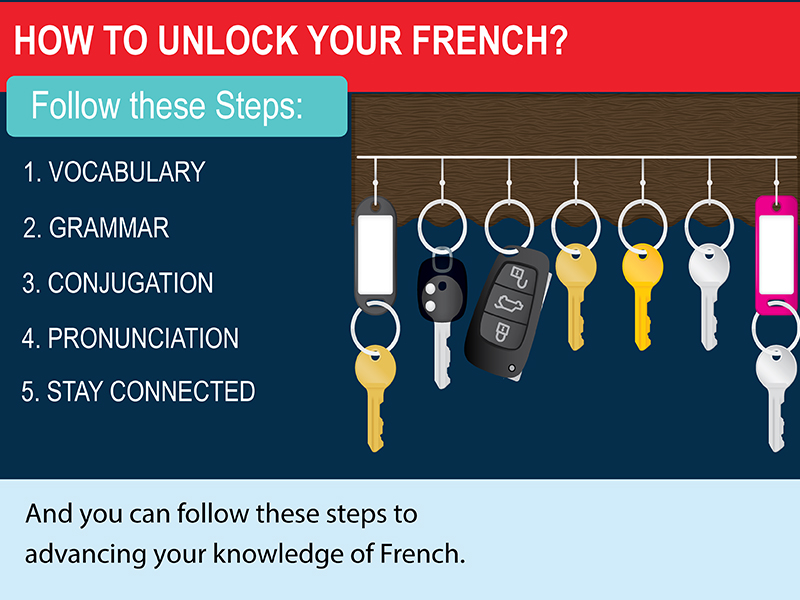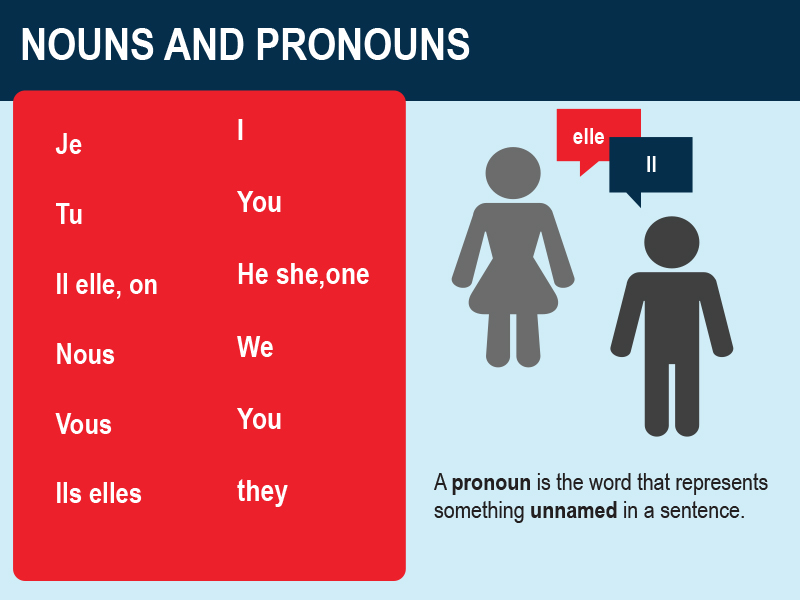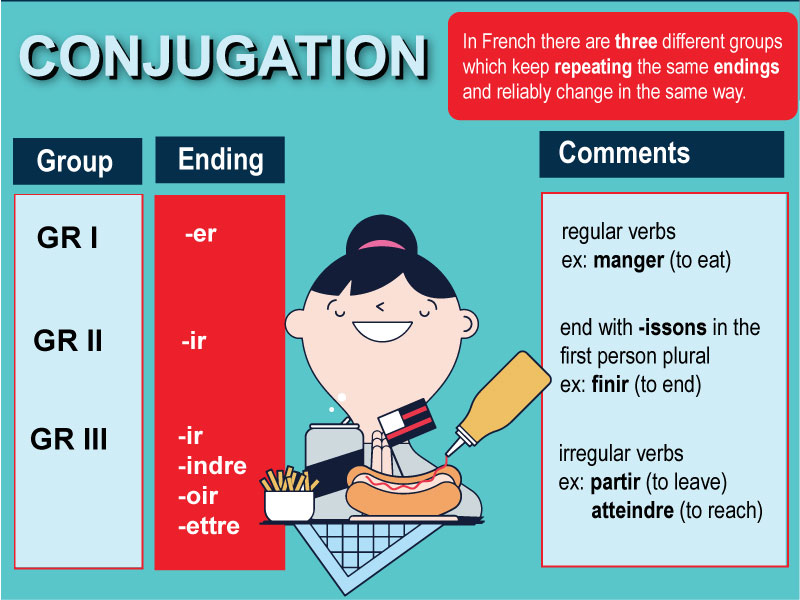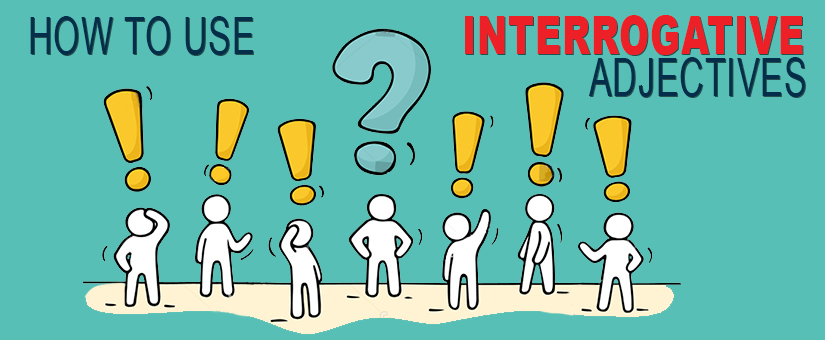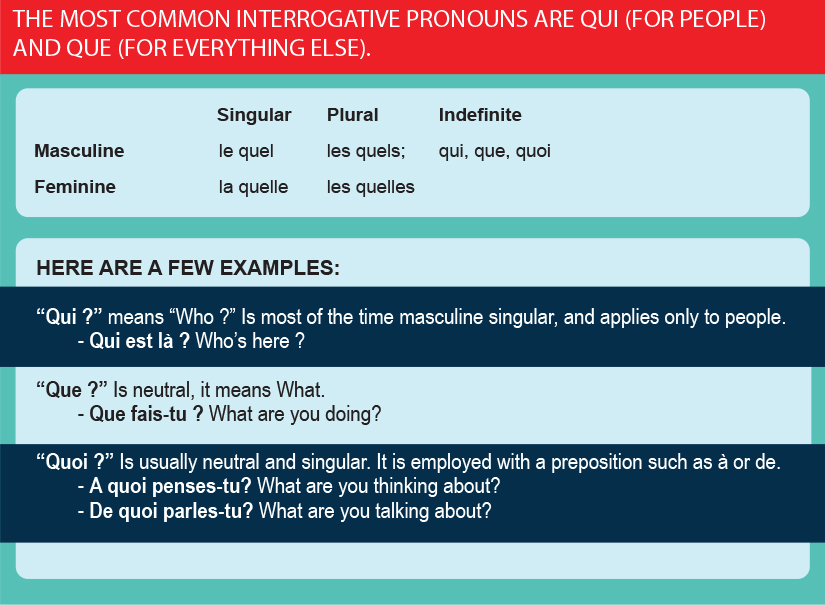Un, deux, trois, on y va! (One, two, three)….
Starting your journey learning French?
Whats next?
Have you learned to count numbers in french 1 – 100 !
let’s go!
All these French numbers might appear daunting at first but do not worry, counting is actually a lot easier than it seems!!
After having read this blog, you will know how to say French numbers 1 – 100, how to pronounce them and how to spell them. Magnifique, n’est-ce pas? (Wonderful, isn’t it?).
Why is learning french numbers 1-100 so important?
Well, once you will know these numbers, you will be able to count endlessly!
Now lets learn French numbers 1-100
French Numbers from 0 to 20
A little cultural insight before we start: single numbers (0-9) are called “chiffres” in French and not “nombres” (numbers). “Nombres” are any two digits (or more) numbers. However, most French people call chiffres nombres so don’t worry yourself too much if you get this mixed up!
Ok so now let’s count but before we do you must be warned that if there is a tiny (and I mean very tiny) difficult part in learning numbers in French, it might number from eleven to sixteen. You will just have to learn them by heart. The creation of numbers seventeen to nineteen makes sense. Let’s see what I mean thanks to the following grid!
In the following grid are numbered up to twenty as well as their pronunciation.
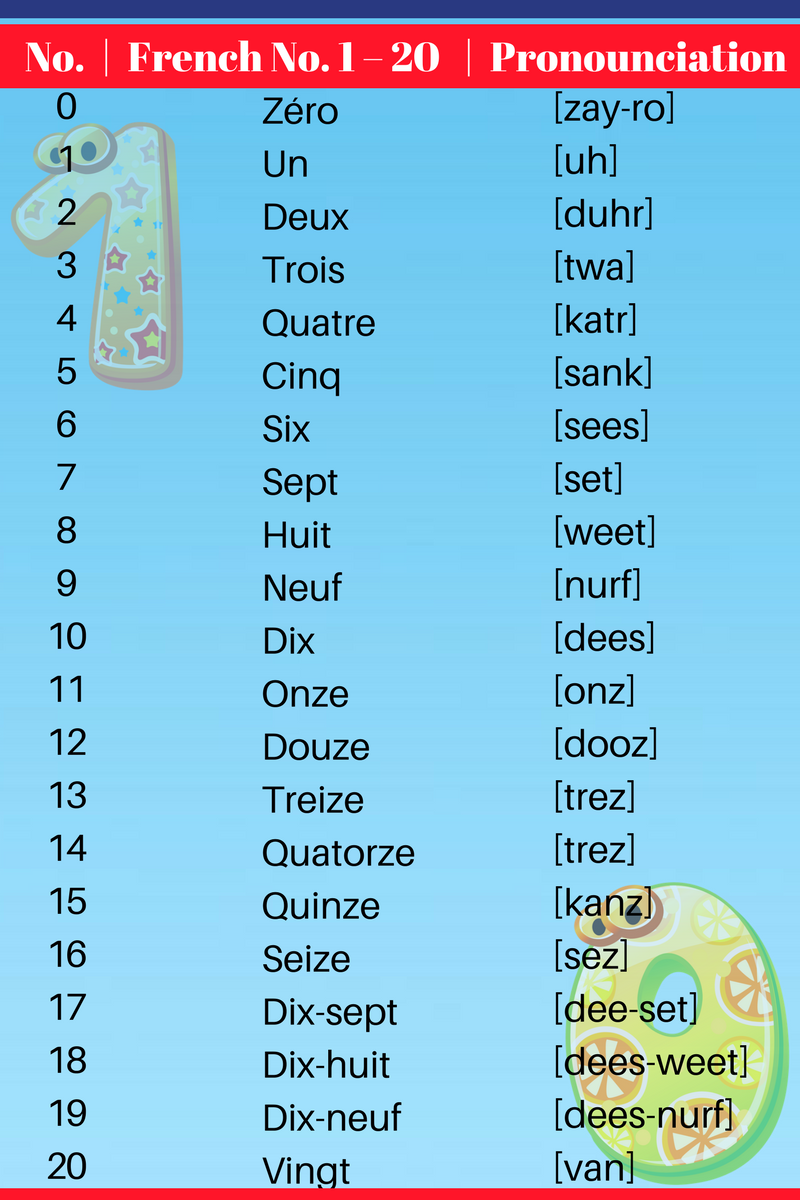
Understood what I meant by “The creation of numbers seventeen to nineteen makes sense”? Basically, 17 is 10+7 so we put dix next to sept ! We work it out exactly the same for eighteen and nineteen
French Numbers 20 to 60
Now you know numbers from 0 to 20 in French, let’s learn some more! Here come numbers 20 to 60!
I wrote tens in bold to enable you to clearly see the pattern. It is always the same one: adding units next to the tens. Just like you would do in English (for example: 22 is 20+2 so you write 20 next to 2, twenty-two in English and vingt-deux in French). So basically to create these numbers, you simply have to take the tens and the units you need and put them together! Facile, n’est-ce-pas? (easy, isn’t it).
A couple of things before I give you the grid:
– A rule: any tens followed by “un”(one) (21, 31, 41, 51) will need “et” (and) between the tens and the unit.
– A pronouciation trick: the final consonants in six, huit, and dix are pronounced at the end of a sentence or in front of a vowel. But, they are silent when followed by another word that begins with a consonant.
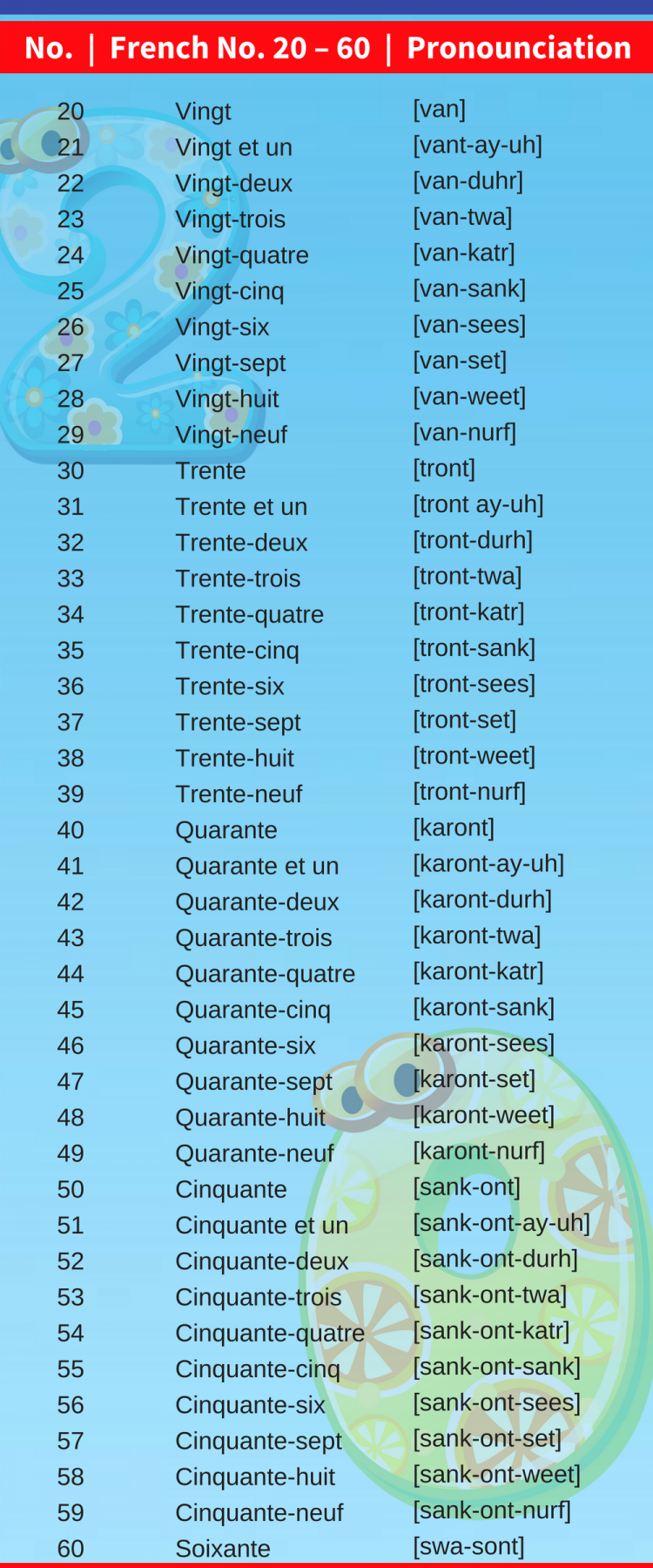
French Numbers from 60 to 100
And now last but not least, numbers from 60 to 100! You’ll see, it is very easy and logical. Logical? why is it logical? Have a closer look at soixante-dix (70), quatre-vingts (80) and quatre-vingt-dix (90). What do you notice?
– 70 is 60+10. Therefore, in a very logical way, French people put number sixty next to number ten to create seventy! Soixante (60) plus dix (10) → soixante-dix (70).
– Same sort of thinking with quatre-vingts. Eighty is four times twenty (4X20). This is the reason why, in French, you put quatre (4) next to vingt (20) to create quatre-vingts (80)! Literally it is “four twenties”!
– Once again, you will need to appeal to mathematical thinking. What is 90? Well, we could say 90 is 4X20+10, couldn’t we? So, there, you have it. Ninety in French is quatre-vingt-dix!

Check this if you are done with learning French Numbers 1 – 100
Now, let’s check if you paid close attention to the spelling of some of the French tens!
Well to two tens in particular: quatre-vingts (80) and quatre-vingt-dix (90). What do you notice? What is present in one of them but not in the other? …
Yes, you’re right! It is the “s”!
Here’s a little rule (the French language is full of them!): if quatre-vingts (80) is followed by another number (81, 82, 83, 84, 85, 86, 87, 88, 89, 90, 91, 92, 93, 94, 95, 96, 97, 98, 99) then it looses its “s”. Numbers or “s”, 80 has to choose, it can’t have it all!
So, here you have them, French numbers 1 – 100! Happy counting!


